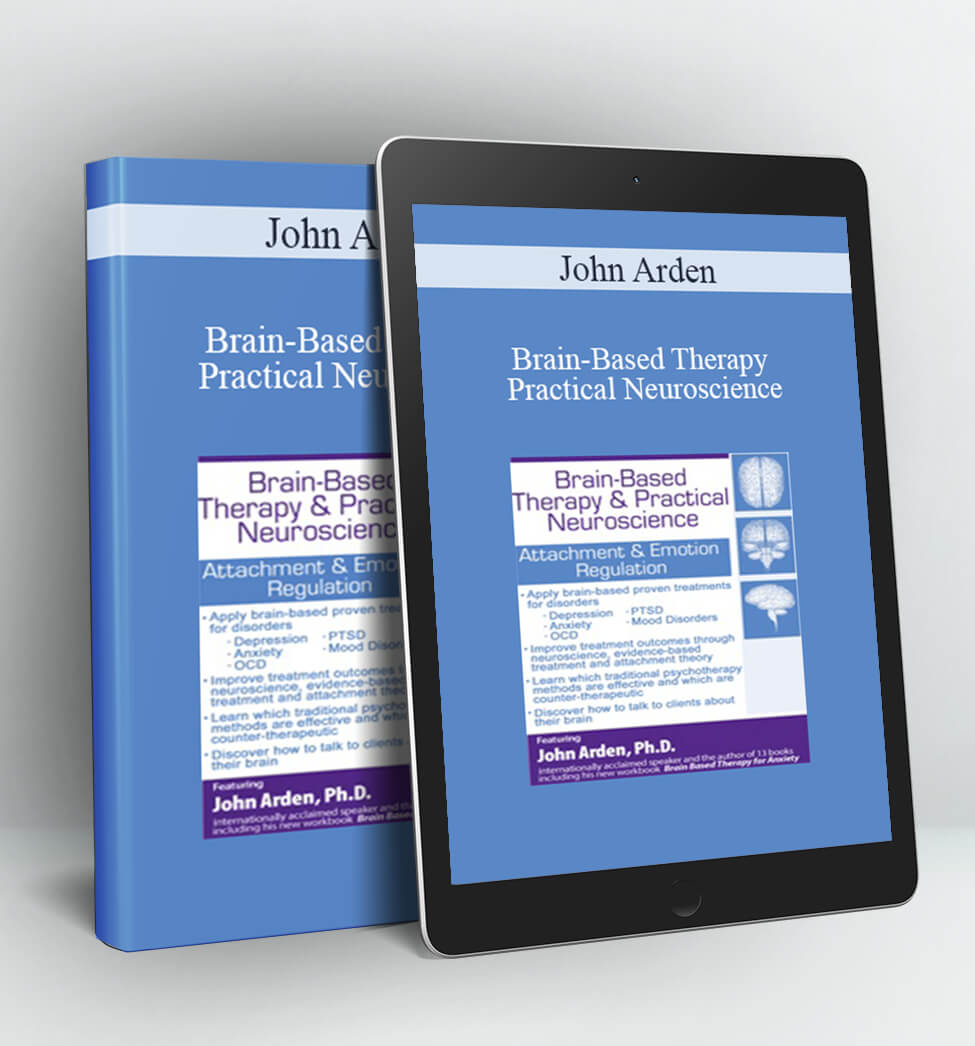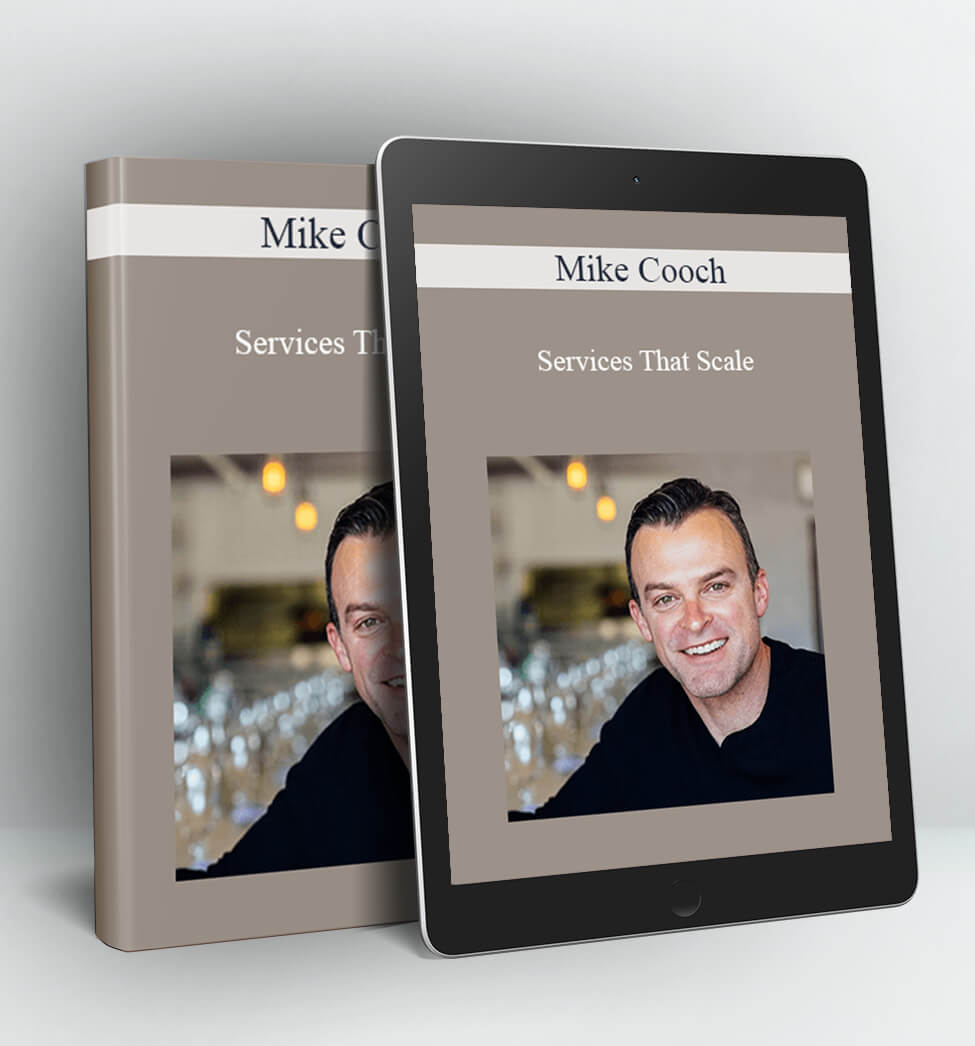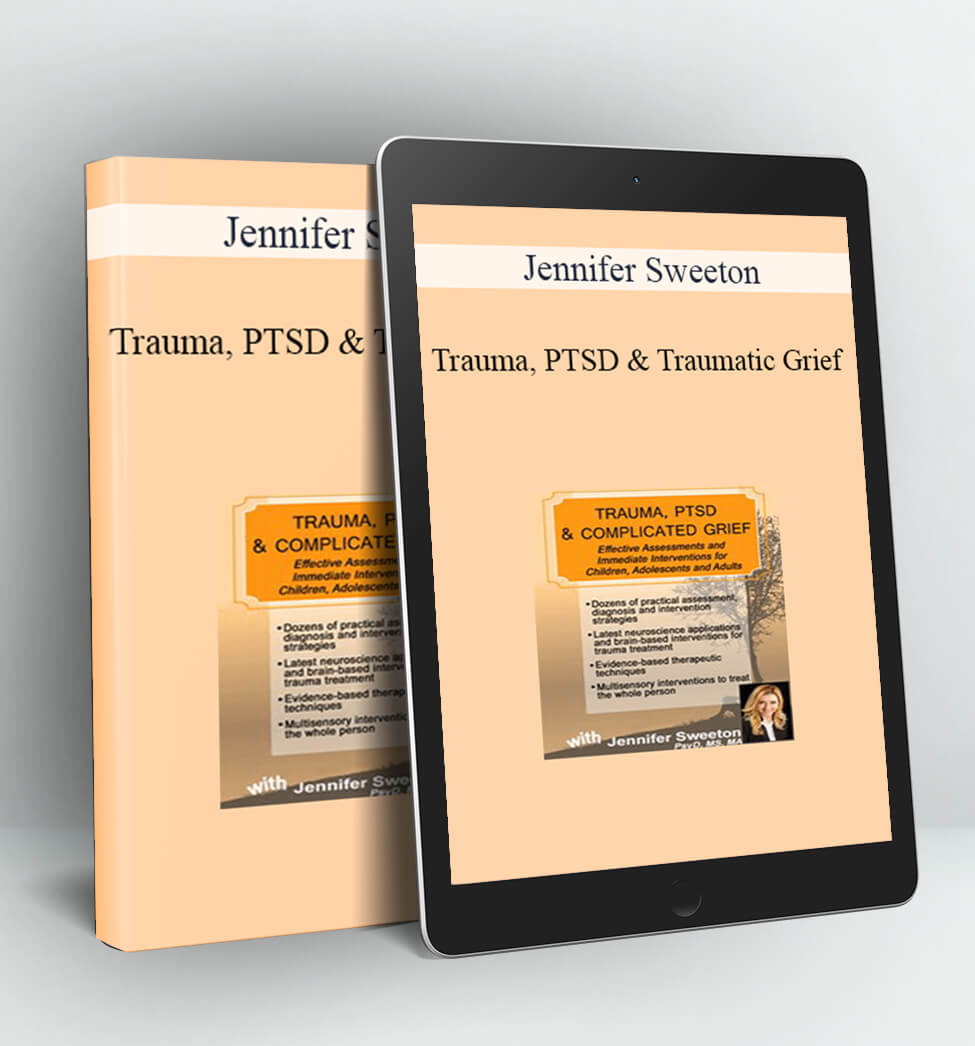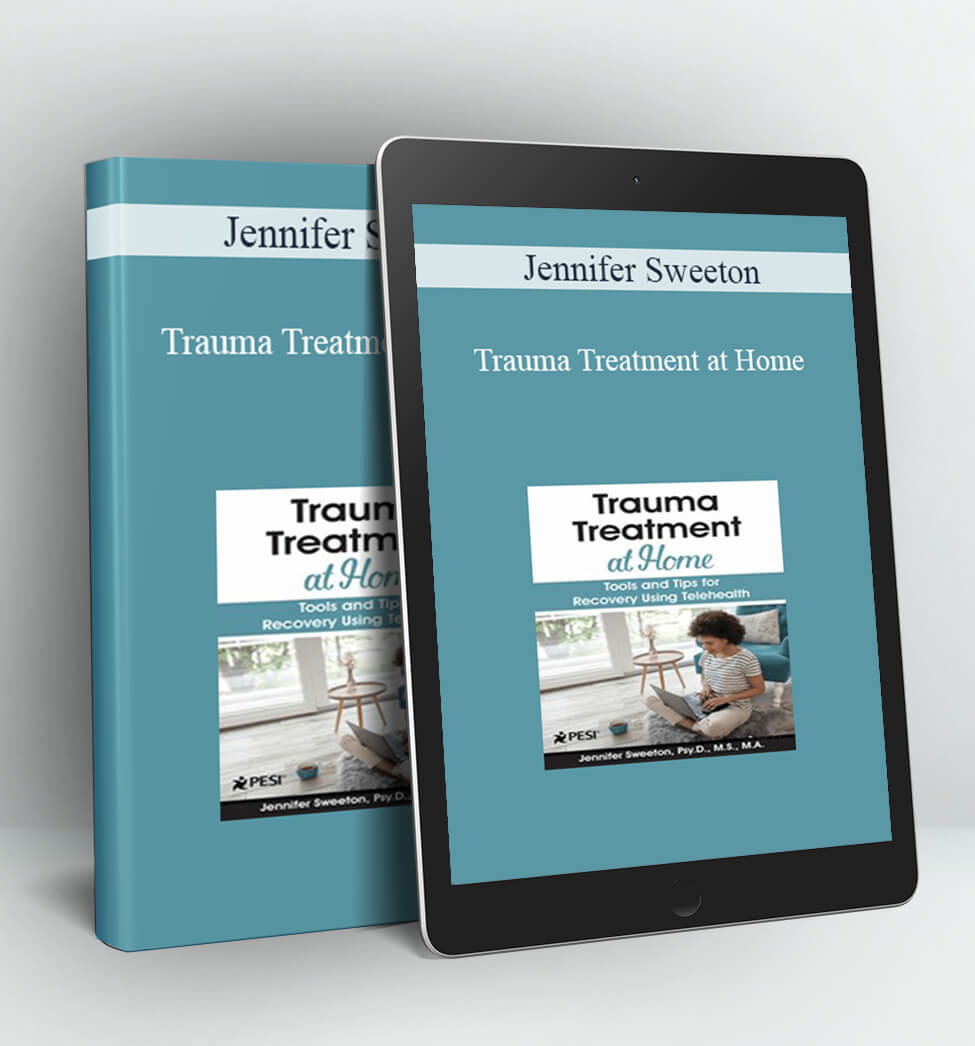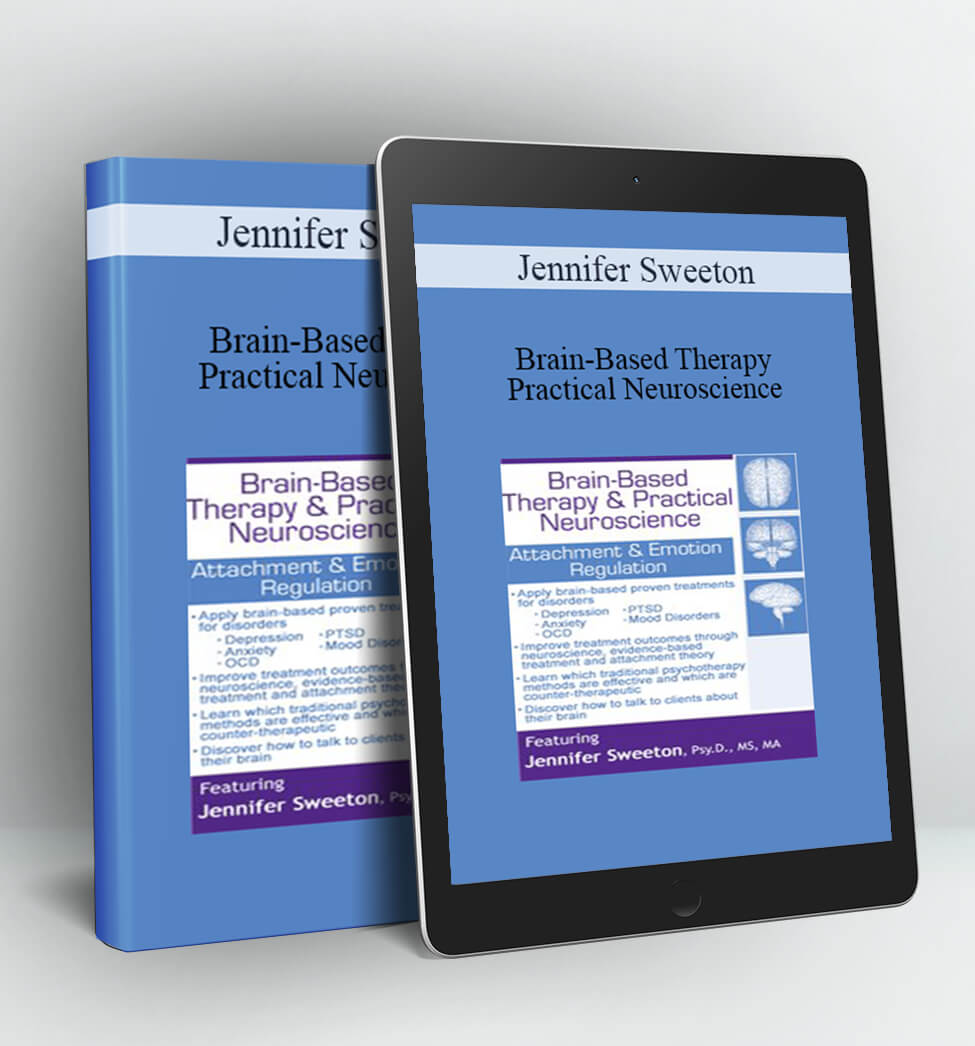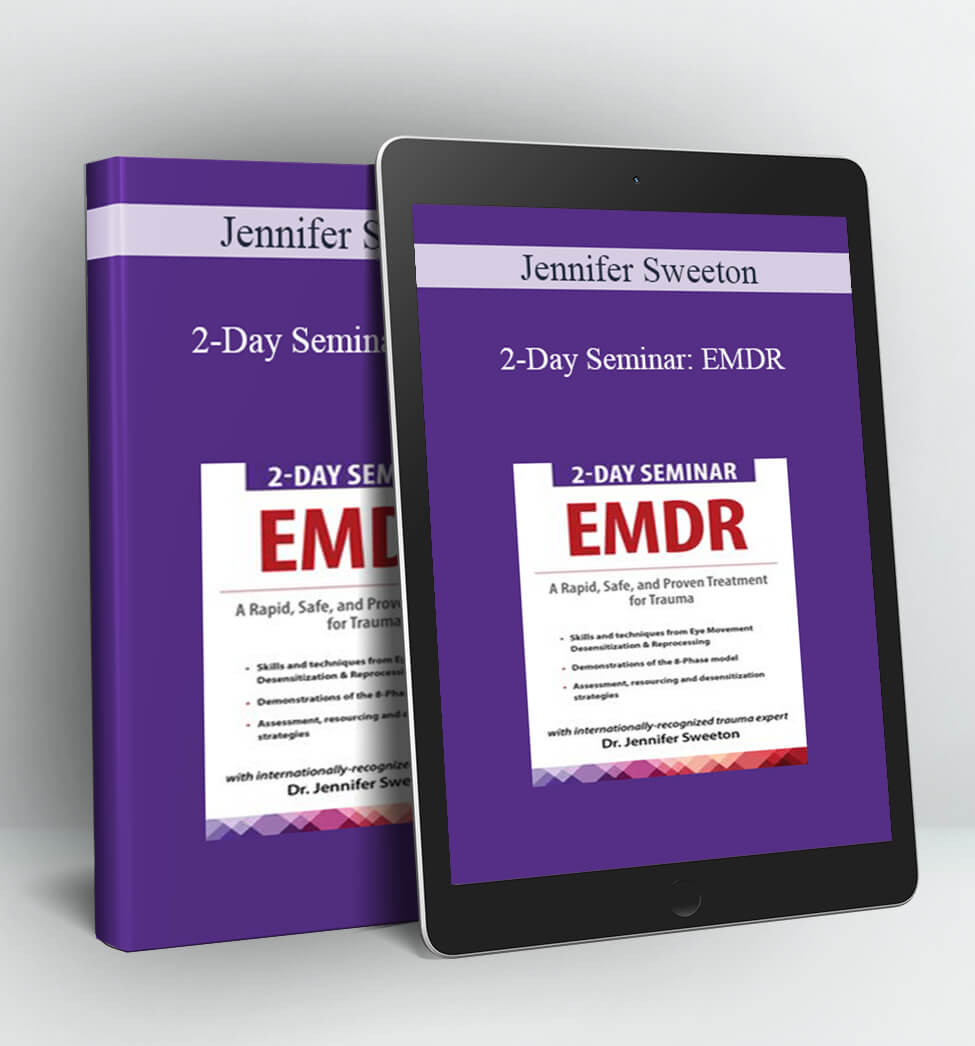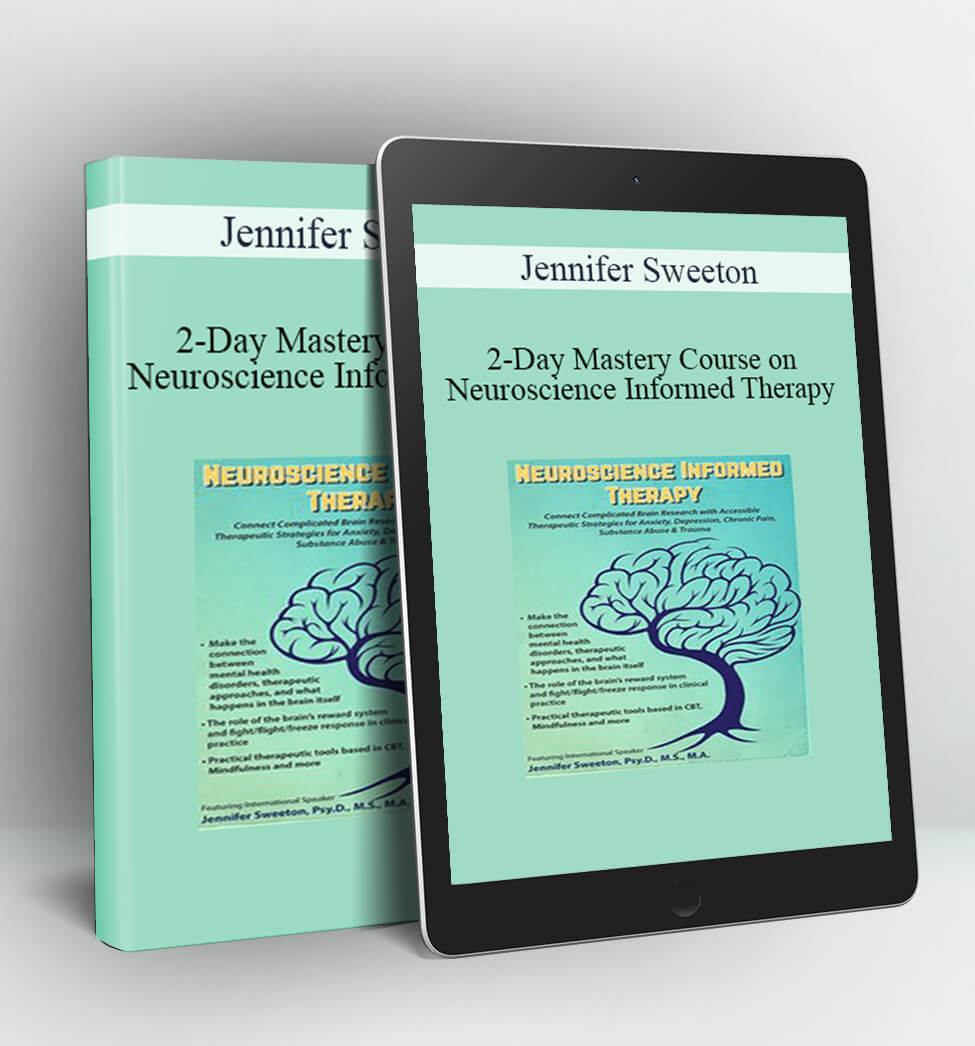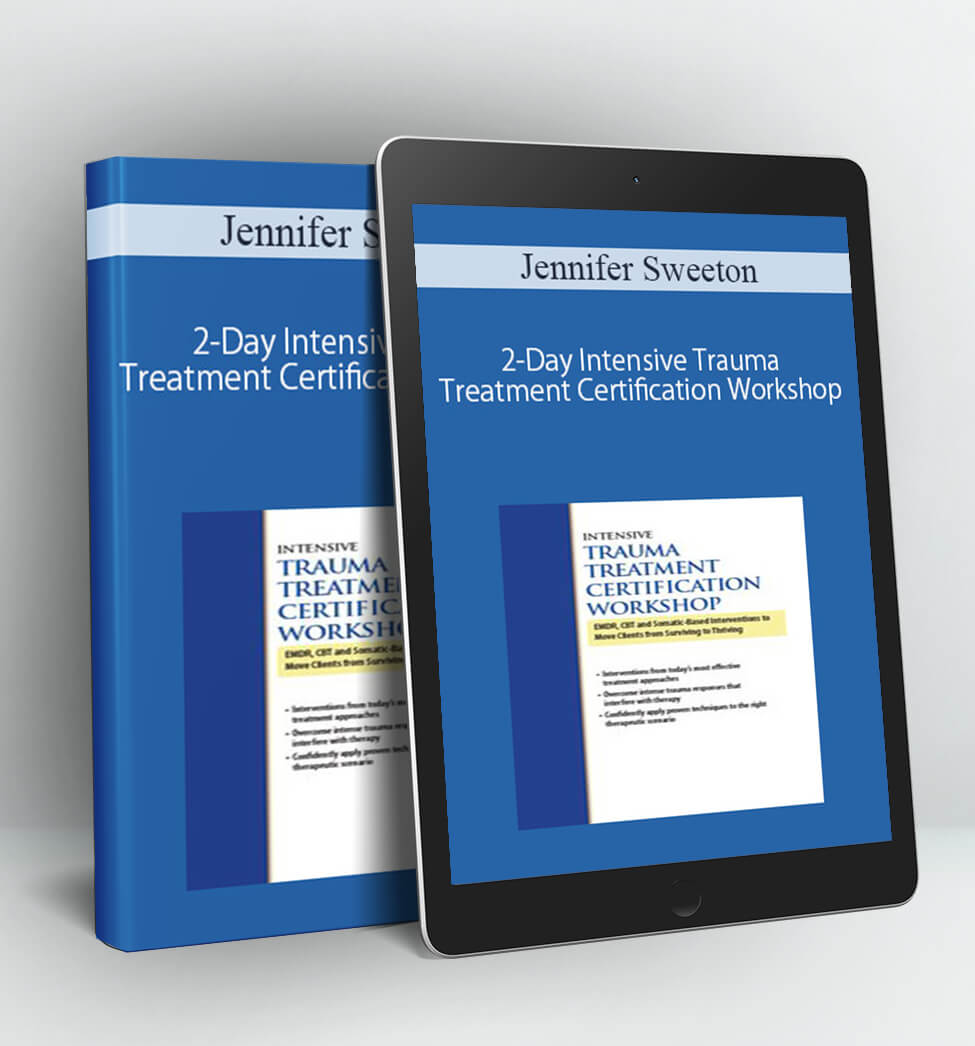Brain-Based Therapy & Practical Neuroscience: Attachment & Emotion Regulation – Jennifer Sweeton
- Apply brain-based proven treatments for disorders:
- Depression
- Anxiety
- OCD
- PTSD
- Mood disorders
- Improve treatment outcomes through neuroscience, evidence-based treatment and attachment theory
- Learn which traditional psychotherapy methods are effective and which are counter-therapeutic
- Discover how to talk to clients about their brain
This seminar focuses on the revolution and sea change occurring in psychotherapy. It describes how to conceptualize psychotherapy based on an integrative model that discards the need for the “schools of psychotherapy.” Special attention will be on how to talk about the brain in therapy to motivate clients to try evidenced-based interventions.
Watch this seminar and learn how to optimize therapy for a variety of clients by harnessing the latest knowledge from neuroscience; developmental psychology; psychotherapy research; evidence-based practice; attachment research; and psychodynamic and cognitive behavioral approaches. Take home practical strategies for anxiety disorders such as OCD, Generalized Anxiety Disorder, Panic Disorder and PTSD; as well as for depression.
- Communicate key nervous system structures, functions and pathways.
- Predict brain alterations that occur from anxiety, trauma and stress, substance abuse, and depression.
- Support how commonly applied treatments such as CBT, DBT, dynamic therapy, meditation and hypnosis can foster healthy brain change.
- Break down neuroplasticity and types of experiences that elicit it.
- Apply interventions that can be used to return the nervous system to natural balance using methods drawn from neural-feedback, psychodynamics, mindfulness, sensory awareness, hypnosis and bodywork.
- Demonstrate specific techniques that enhance attention, interoception, affect regulation and sensory-motor awareness.
- Practice six principles that guide you when including the brain during treatment.
GET BRAIN-BASED THERAPY & PRACTICAL NEUROSCIENCE: ATTACHMENT & EMOTION REGULATION OF AUTHOR JENNIFER SWEETON
Psychotherapy in the 21st Century
- The integrative approach—no more need for the “schools” of psychotherapy
- Variables in successful treatment
- Outcomes management
- BASE (Brain, Alliance, System and Evidence-Based Practices)
What Neuroscience Offers to Therapy
- Emotion: laterality and lobes
- The role of attention and affect regulation: prefrontal lobes
- How to change the brain in successful therapy: neuroplasticity
- New neurons in the brain: neurogenesis
- The social brain, empathy and attachment
Developmental Neurobiology Brain Development
- Deprived vs. enriched environments
- Temperament and attachment in therapy
- Durability of attachment schema into adolescence and adulthood
- The development of the adolescent brain
- The aging brain
The Role of Memory
- The fundamental role of memory in therapy
- Implicit and explicit memory and how they can become dysregulated
- Hippocampus and amygdala dynamics
- Memory improvement techniques
The Stress Response System
- Historical models and the current view
- A balanced perspective of stress: allostasis
- When stress breaks down the system: allostatic load
- Adverse childhood experiences and how they affect adulthood
Working with the Neurodynamics of Anxiety Disorders: Tame the Amygdala
- GAD
- Panic
- OCD
- PTSD
Working with the Neurodynamics of Depression
- Limitations of the neurotransmitter/medication models
- The role of labeling emotions: hemisphere laterality
- Cytokines—sickness behavior
- Activity reward system—behavior activation
- Mindfulness
Healthy Habits—Planting SEEDS
- Sleep hygiene
- Exercise—BDNF—miracle grow
- Education—cognitive
- Diet—amino acids, fatty acids and vitamins
- Social medicine
- Mindfulness
Proof Content:

Delivery Method:
After your purchase, you’ll get access to the downloads page. Here, you can download all the files associated with your order.
Downloads are available once your payment is confirmed, we’ll also send you a download notification email separate from any transaction notification emails you receive from Vinlearn.

